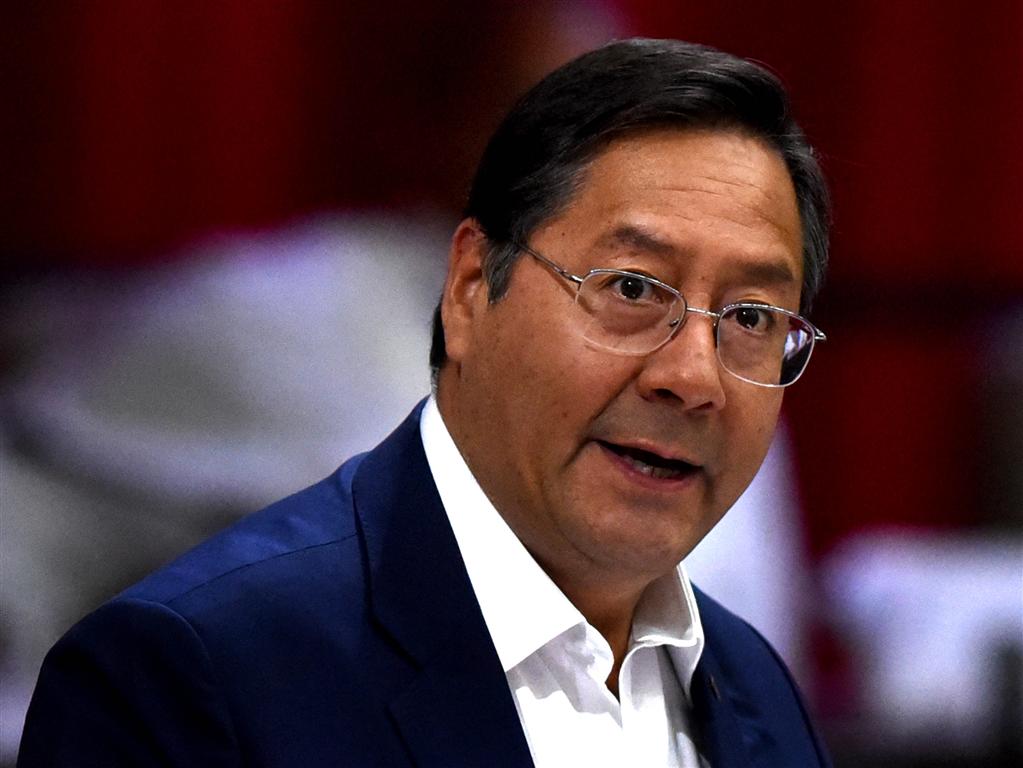“Bolivian sisters and brothers, we have reached the middle of the road that, by the will of the majority of the people, we started with a lot of hope,” the head of state wrote on his Twitter account.
The president reminded that he also worked “firmly to recover health, education and rebuild an economy that was dying. We’re making it!”.
He indicated that his Administration receives criticism, but it is strengthened and will continue to advance.
Arce maintained that the Executive Body feels stronger than ever and will not go back one step.
The Bolivian government authorities promote the policy of industrialization with import substitution with the objective of strengthening national production with added value and reducing expenses on merchandise purchased abroad.
In another message, Arce stressed that this policy is an effective way “to save the country” with growth and social justice.
He reiterated that his government belongs to the people, to industrialization and that it creates opportunities for all.
After the restoration of democracy after the electoral triumph of the Arce-David Choquehuanca binomial as candidates of the Movement for Socialism with 55.11 percent of the votes, Bolivia resumed the Productive Social Community Economic Model.
The result was seen at the end of 2021, when the country registered a growth in gross domestic product of 6.1 percentage points, in addition to reversing the paralysis of public investment works, with the State as the fundamental engine of the economy.
According to official statistics, in those 12 months the expenditure for public investment projects amounted to two thousand 600 million dollars, equivalent to an increase of 48 percent in relation to what was executed in 2020.
As a result, moderate poverty decreased from 39 percent to 36.3 units out of 100, and extreme poverty from 13.7 percentage points to 11.1 percent.
In this way, the Plurinational State became the South American country that reduced this indicator the most in 2021.
In the field of health, Bolivia managed to control the Covid-19 pandemic with the management and acquisition of 23,815,500 doses of vaccines, which made it possible to reduce the fatality rate to a current 0.1 percent.
Such progress created the conditions to restart face-to-face classes in all schools in the country.
Bolivia registered the lowest inflation in the region in 2022 (3.1 percent), and achieved a trade surplus of 603 million dollars, according to the National Institute of Statistics.
ef/rgh/jpm









